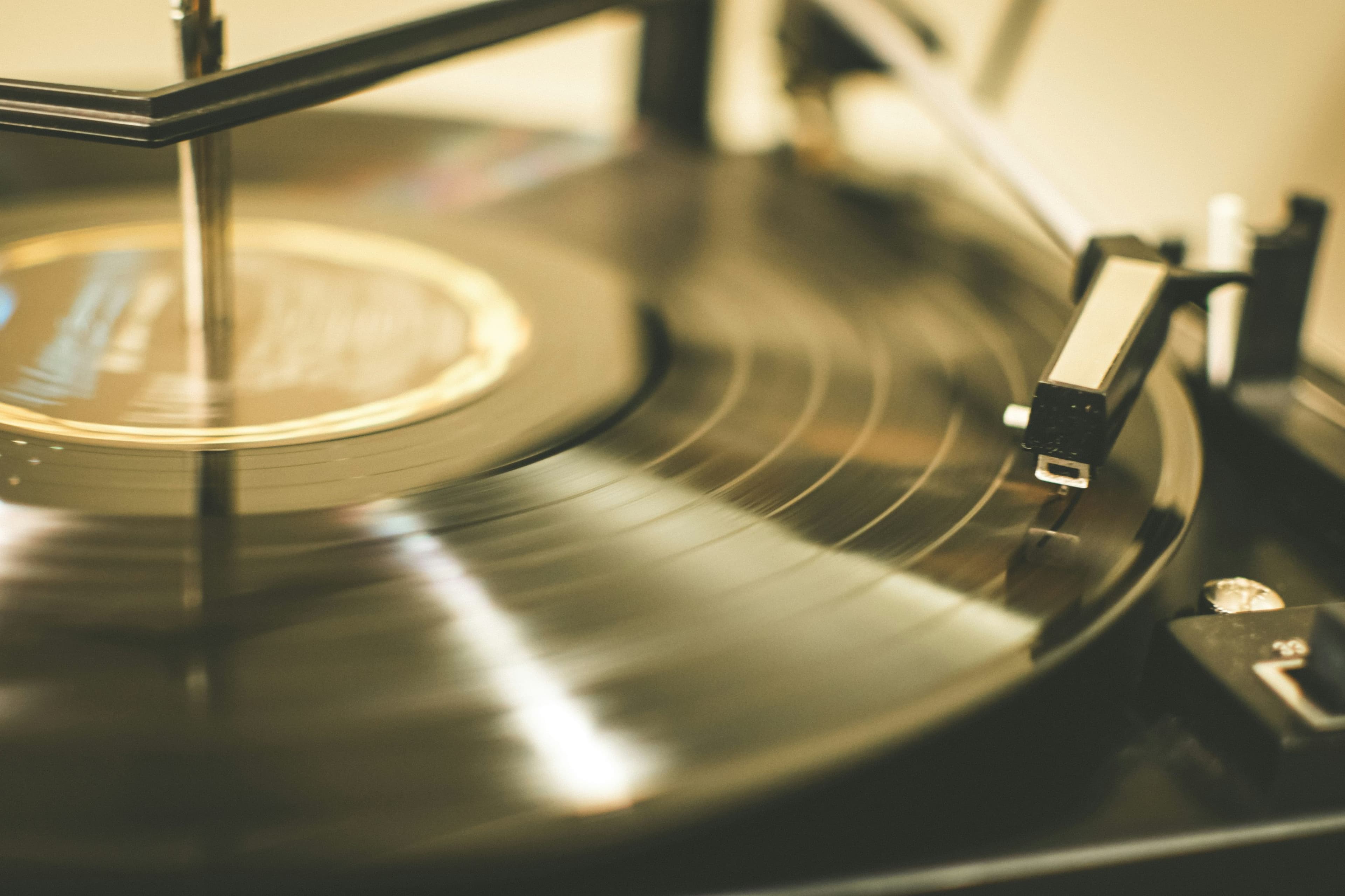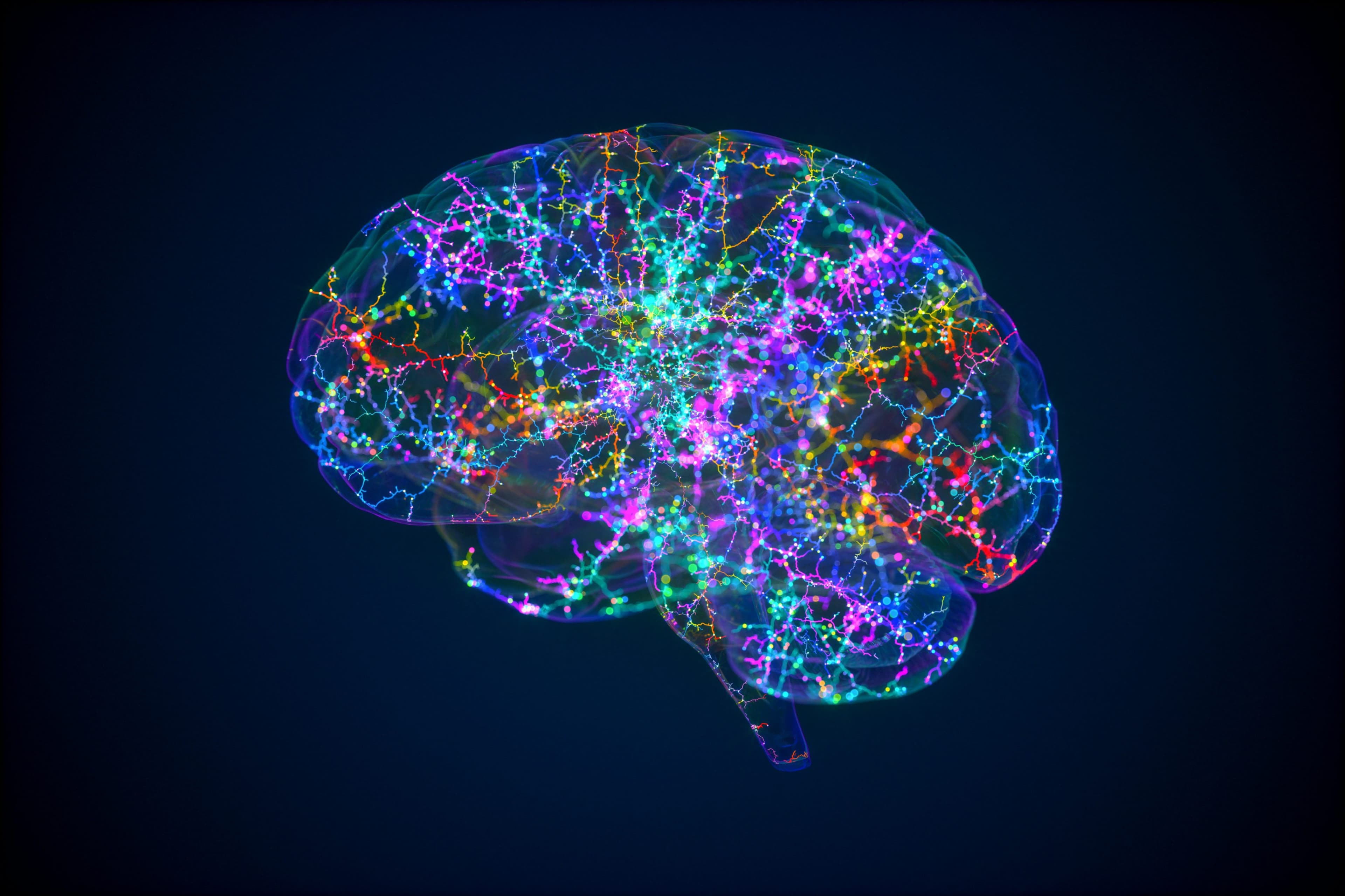
Music and Mental Health: How Sound Influences our Life and Connections
Have you ever heard a song that made you feel less alone, as if someone else understood exactly what you were going through?
Music has a unique way of reaching into our private emotional worlds and offering something rare: a sense of belonging. Across cultures and generations, it has served as a universal language for connection, healing, and solidarity. When words fail, music gives voice to the silent struggles of the heart and mind. For those facing loneliness, depression, or emotional isolation, music can be a profound reminder: you are not alone.
I listen to a variety of music but I listen to something every day. I am always surprised how a certain playlist impacts my exercise routine, or how songs can make me smile without realizing it. Some songs evoke much stronger emotions and are tied to memories or other intense experiences. It probably says a lot that I have been listening to Pink Floyd since I was 8 thanks to my cousin.
Recent research highlights that engaging with music — whether through listening, performing, or sharing — activates brain regions associated with emotional regulation, empathy, and social bonding (Fancourt, Aufegger, & Williamon, 2015). Music doesn’t just soothe personal pain; it transforms isolated experiences into collective understanding.
How Music Creates Belonging
At its heart, music validates human experience. A single song can reflect the pain, hope, or longing someone carries, making the listener feel seen and understood. Shared musical moments — like singing in a group, attending concerts, or sending someone a meaningful track — physically and emotionally draw people together. Studies even show that group music-making releases oxytocin, the “bonding hormone,” strengthening social ties and reducing loneliness (Pearce, Launay, & Dunbar, 2015). I have been going to concerts since I was 15 and will continue to go any chance I get. It is truly an experience when you are with a crowd of people sharing a love for the music that makes you feel connected.
Especially for those who feel disconnected, music acts as an emotional companion — offering comfort, understanding, and solidarity even when no one else is physically present.
Different Interpretations, Different Emotions: Hurt, The Sound of Silence, and Careless Whisper
One of the most fascinating aspects of music is how different versions of the same song can evoke radically different emotional experiences — offering multiple pathways for listeners to connect. I reviewed this in a music class for high school students, playing each version of a song and asking for them to identify which one they connect with and why. Results were astounding.
Take Hurt, first recorded by Nine Inch Nails in 1994. Trent Reznor’s version is raw, industrial, and brutally confessional, capturing deep emotional pain and self-destruction. In 2002, Johnny Cash reimagined it as a stripped-down reflection on aging, regret, and mortality. His weathered voice added layers of sorrow and dignity, turning the song into a shared eulogy for life’s inevitable losses.
Similarly, The Sound of Silence by Simon & Garfunkel (1964) was a gentle, introspective folk ballad about alienation and the human need for connection. When Disturbed covered it in 2015, they infused it with brooding intensity, transforming quiet sadness into an urgent cry for understanding.
A less expected but equally powerful reinterpretation is Seether’s 2009 cover of Careless Whisper, originally by George Michael and Wham! The 1984 version offered a smooth, bittersweet confession of guilt and lost love. Seether stripped away the pop polish, layering raw guitars and anguished vocals to create a grittier, darker exploration of regret and betrayal.
Each version reshapes emotional meaning, allowing listeners to connect based on where they are emotionally.
Each of these versions offers listeners different emotional “doors” — different ways of finding themselves inside the music depending on their current state of mind or emotional needs. It is the same song, but vastly different sounds create different experiences.
Music as an Emotional Lifeline
Ultimately, these different interpretations reflect music’s greatest strength: its flexibility to meet people wherever they are emotionally. For individuals struggling with mental health challenges — loneliness, anxiety, depression — music becomes more than background noise; it becomes a companion, a mirror, and sometimes even a guide toward healing. I have worked with clients struggling with PTSD based on their military service who improved symptom management based on music. Whether recovering from physical illness, working on projects at a job, or just background noise while cleaning the house music can soothe the mind, open up pathways to enhance our thinking, or motivate to push just a little harder.
Through music, isolated experiences become part of a shared human story. This also is a great example of the value music brings through arts and creative classes in schools, having background music at work, and making time to fully listen to the sounds around us. And sometimes, the simple act of pressing “play” can feel like someone whispering in the darkness: You are not alone. I feel it too.
References:
Fancourt, D., Aufegger, L., & Williamon, A. (2015). Low-stress and high-stress singing have contrasting effects on glucocorticoid response. Frontiers in Psychology, 6, 1242. https://doi.org/10.3389/fpsyg.2015.01242
Pearce, E., Launay, J., & Dunbar, R. I. M. (2015). The ice-breaker effect: Singing mediates fast social bonding. Royal Society Open Science, 2(10), 150221. https://doi.org/10.1098/rsos.150221
More from 2 Topics
Explore related articles on similar topics





